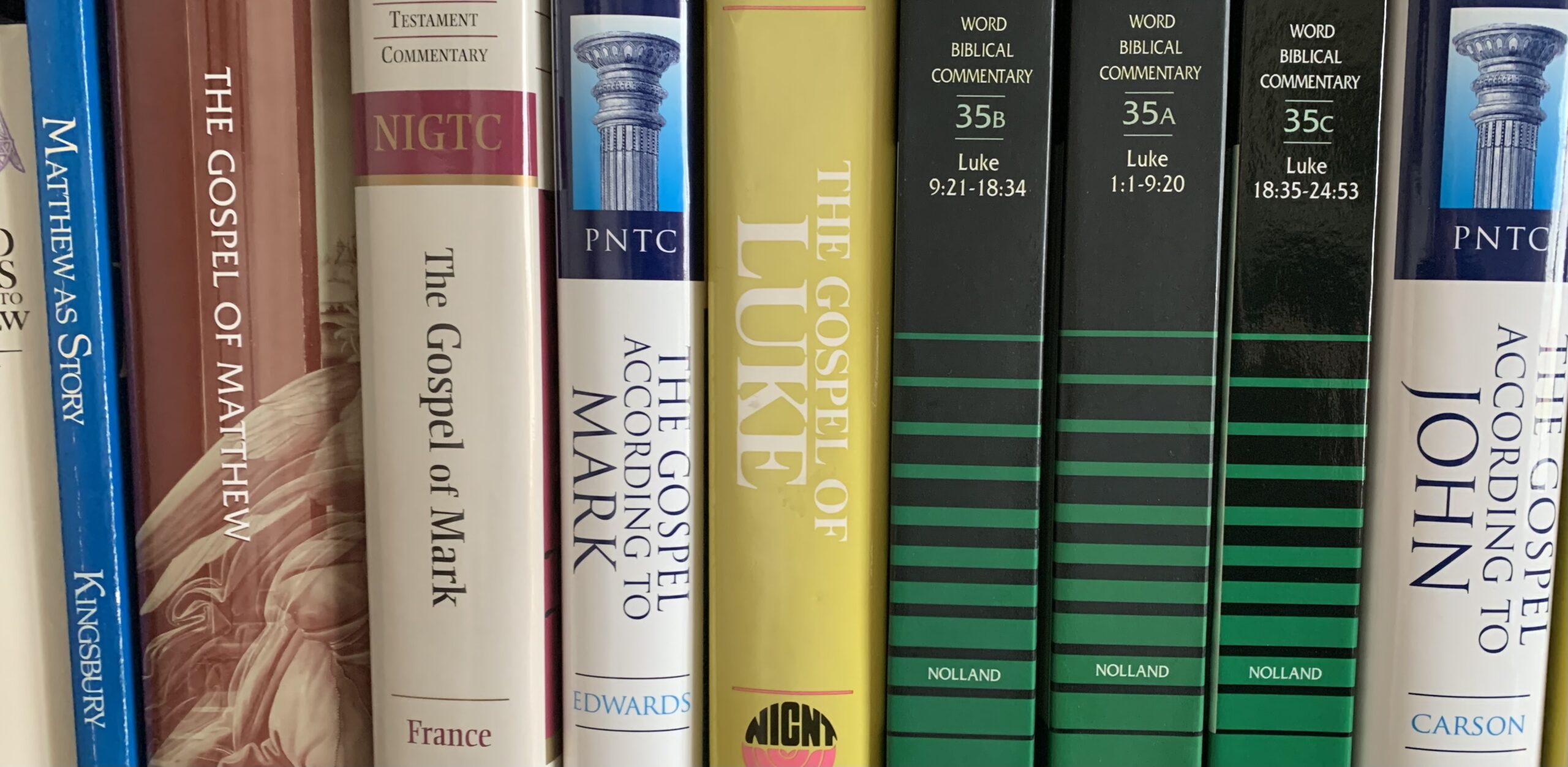Sunday begins what we traditionally call Holy Week, or maybe it’s holy eight days, as we remember the final events in Jesus’ life from his triumphal entry on Palm Sunday to his glorious resurrection on Easter morning.
This coming Sunday the churches will distribute palm branches to the worshipers and the people will sing “All Glory, Laud, and Honor to Thee Redeemer King!” We will gather again on Thursday in solemn remembrance Jesus’ last supper with his disciples. We will eat of the loaf and drink of the cup, this means of grace, and so proclaim the Lord’s death until he comes. Friday’s services will be dark, but again we will sing – now “How Deep the Father’s Love for Us.”
Some will keep vigil on Saturday. By Sunday morning, the sanctuaries will be filled with lilies and the people will sing “Jesus Christ is Risen Today!”
More than any other time on the Christian calendar, Holy Week is the time where our worship reenacts the events of that time at the center of all time.
As Holy Week begins, I plan on following the story of the week told in the Gospels. I have found a nice guide put out by the publisher of the ESV Bible for my journey through the week. As part of my morning devotions, I will use the links to hear the old story anew and to dwell in the narrative as a preparation for our celebration of Easter. Here’s the guide if you wish to use it: Harmony of the Events of Holy Week. And you may want to use YouTube to find those hymns old or new that give us language to borrow as we thank our Dearest Friend.
As a “harmony,” the ESV guide has taken the Holy Week texts from Matthew, Mark, Luke, and John and placed them in traditional chronological order. That seems simple enough. Except I was talking with someone recently who said I (and the nearly 2,000 years of tradition) have it all wrong. This person insisted that he could “prove” that, in fact, Maundy Thursday was on Tuesday and Good Friday was on Wednesday.
Indeed, there is scholarly debate about the order of events during Holy Week, the most common having to do with the chronology of the synoptics – Matthew, Mark, and Luke – not quite agreeing with John’s chronology, most specifically having to do with whether the Last Supper was on Thursday night or Wednesday night. I didn’t remember all the details but was pretty sure I was comfortable with the case for Thursday. My friend had found an article, not particularly scholarly, that said the scholars in both camps were equally wrong, and so was I.
“I could be wrong” is a good place to start a discussion, so, thinking I might be wrong, I spent some time with the scholars this week revisiting the chronology of Holy Week. D.A. Carson in his Pillar Commentary on John goes through many of the various theories, even a Maundy Thursday on Tuesday theory, and concludes that a Thursday Maundy Thursday makes the most sense. Having reviewed those other chronologies, he writes, “These calendrical theories all involve delicate historical arguments or a paucity of hard evidence.”
I’ll be sticking with traditional chronology. I might be wrong, but I don’t think I am.
I am something of an agnostic when it comes to things like calendrical theories based on a paucity of hard evidence, though calendrical is a great word. I do think the scholars are right in trying to come up with the best, the most likely, chronology for the events of Jesus’ life. The Gospels are good history and can and should bear the probes of the scholars.
No matter which calendrical theory proves correct, however – or if none of them prove correct, the truth of the story is not compromised by having to adjust our Events of Holy Week charts. I will read the Gospel accounts of Holy Week, the week at the center of all time, and use the old hymns to offer Palm Sunday glory, laud, and honor; to help me survey the wondrous cross, and ask mournfully, “Ah holy Jesus, how hast Thou offended?” And then on Easter morning to sing of the risen conquering son who an endless victory over death has won.

